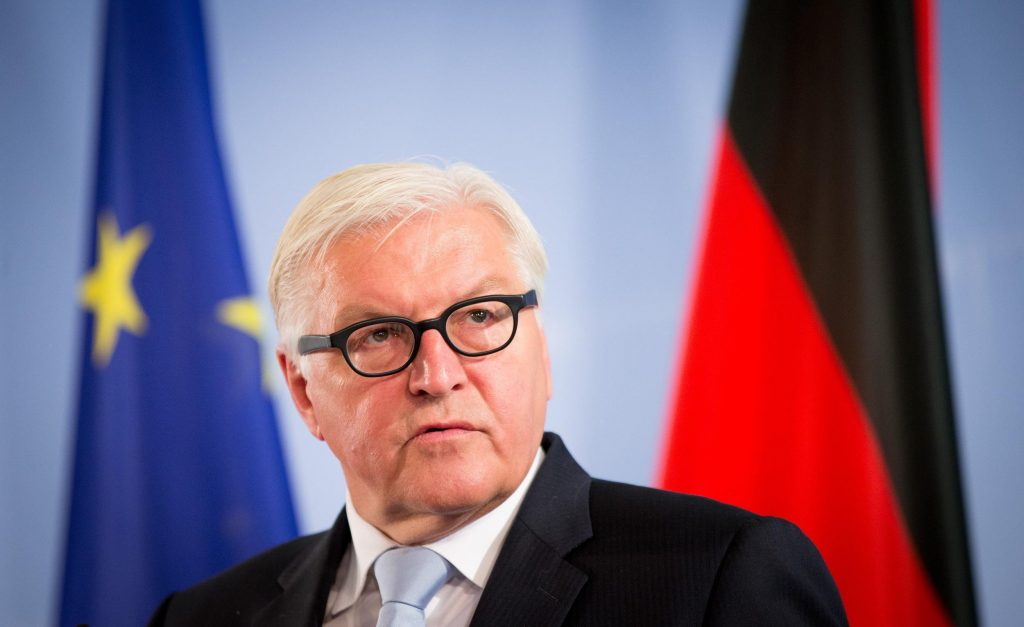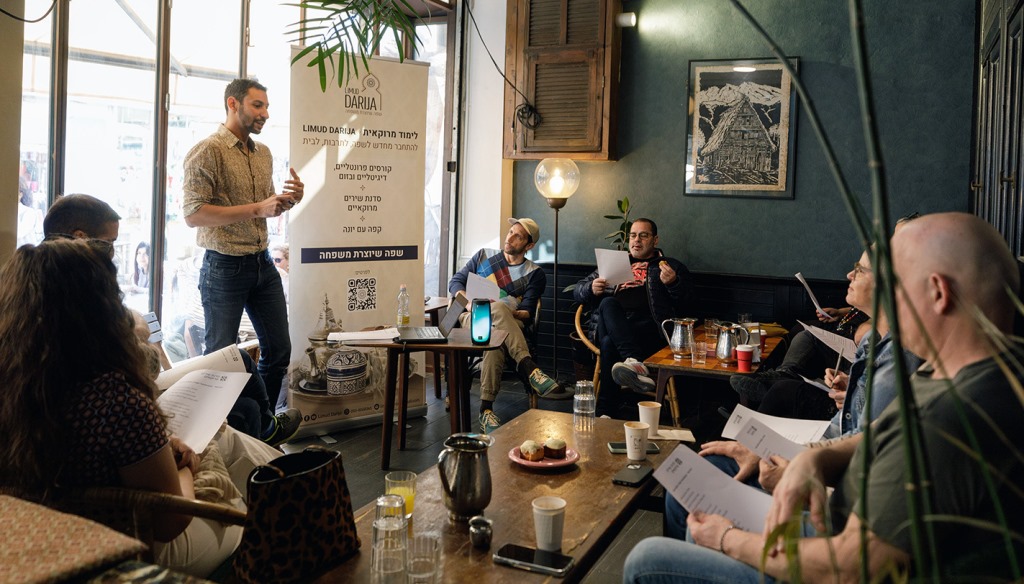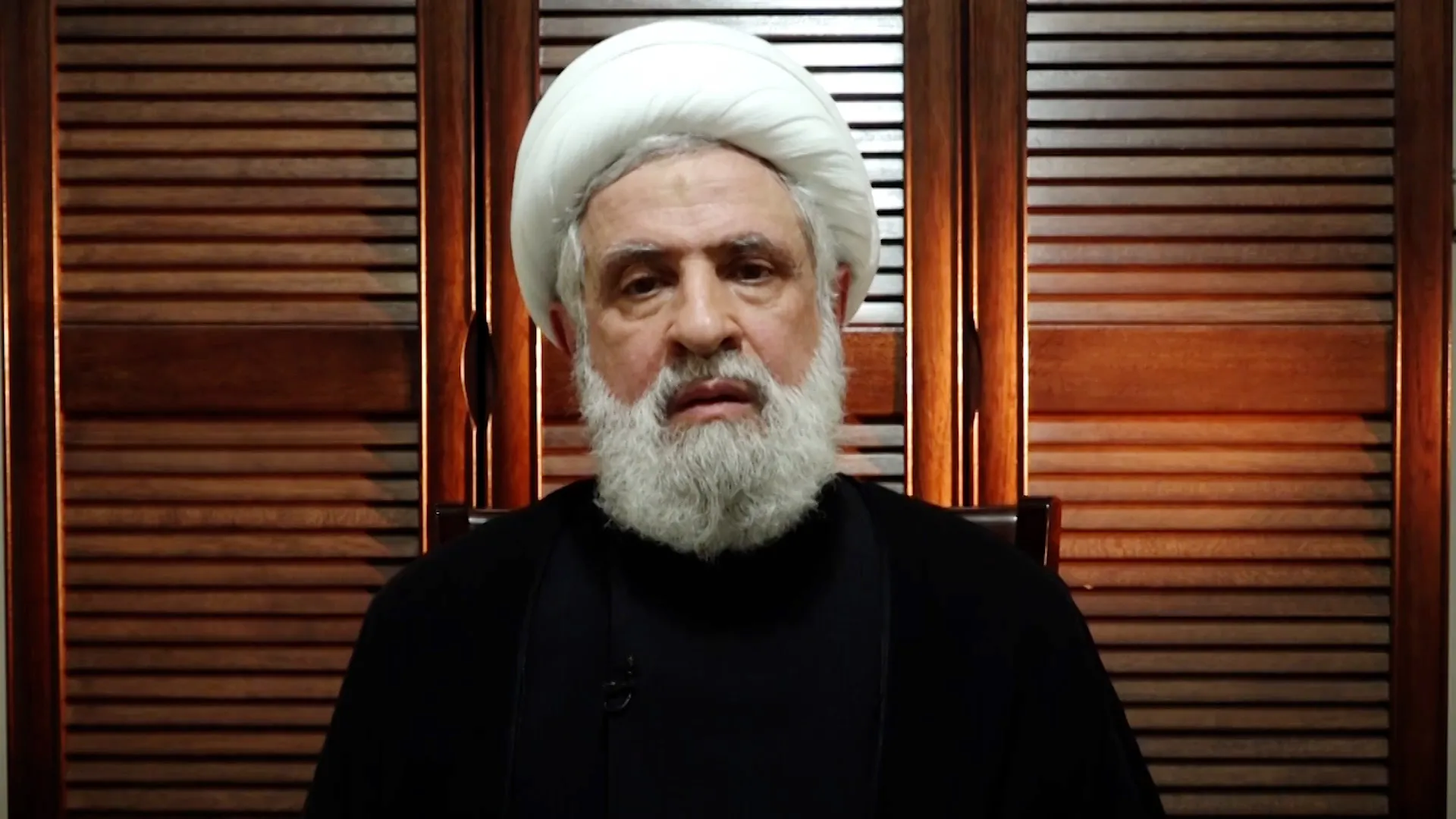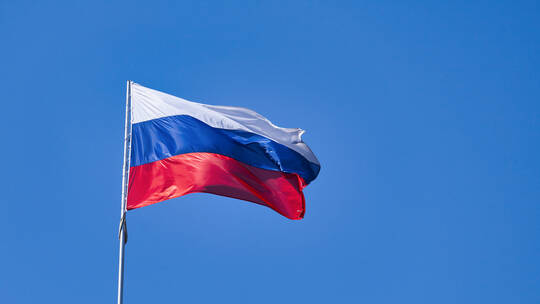The salafi current in morocco:
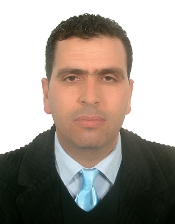
Moroccan salafi groups had always refused to take part in the political life and had called democracy as a new idol worshipped instead of God and a form of apostasy but after the Arab spring;
well known salafists leaders, released from the prison by a royal pardon; have publicly declared to accept the democratic principles well as the royal regime. They also expressed their readiness to assume a political role and accept the rules of democratic game.
The process of ideological reviews initiated by the salafist current is reinforced by the political iniative taken recently by a number of detained salafi jihadists who submitted a political chart in which they clearly call for the establishment of the civic state as a political option instead of the caliphate state.
The shift towards more moderation and the acceptance of peaceful political action within the existing constitutional institutions by the salafists leads us to ask two crucial questions:
First, the main factors that have contributed to this radical and sudden change in the Moroccan salafis’s attitudes and convictions.
Second, what will be the future of the salafi current in the light of the latter ideological revisions?
First of all, it is worth mentioning that this political step taken by some detained JIHADI salafists inscribes in the framework of a series of initiatives and reviews launched by prominent salafis Sheikhs such as Al Fizazi; Abu Hafs; Hassan El Kettani .
It can be considered as san other political message to the Moroccan authorities and the public opinion that the salafists have elaborated a clear political vision and are willing to accept the rules of the polical game and what the majority of Moroccan political powers agrees on.
Since the beginning of the arab spring,The salafi discourse has radically changed and has become less confusing more flexible and pragmatic.
The salafists have shown more acceptance of the vital democratic values like peaceful rotation of power, equality, individual freedoms, political pluralism; and the freedom of speech and faith.
Some of salafi leaders suchas as AL FIZAZI has gone further by expressing his desire to establish a political party and to engage in politics which he had always considered as a dirty game.
Since his release he actively participate in the public sphere via press interviews; public debates; and receiving foreign personalities such as the political advisor of the American embassy in Rabat.
This step was seen by many observers as a turning point in the relationship of some salafists with western governments especially the united states which was always classified as the enemy number one for them.
Sheik Al Fizazi is regarded, by many analysts, as a prototype of the real man capable of interpreting and coping with the new political realities and changes that have occurred in Morocco in particular and in the Arab region in general.
There are many reasons why the Moroccan salafists have shown a radical change in their thought; convictions and behavior.
According to a recent study realized by Mohammed Masbah, a researcher in the German Institute of International and Security Studies, there are at least four factors that have contributed to the shift of the salafi current from a radical, violent movement to a moderate and more pragmatic one.
First, the continuity of the political regime after the Arab upheavals and the religious, political and constitutional legitimacy that the monarch enjoys.
Second, the imprisonment policy adopted by the Moroccan authorities towards radical movements especially after the terrorist attacks of 16 May 2003.
Third,the predominance of the civic and peaceful dimension over the religious one in the protests and demonstrations launched by the 20 February movement.
Fourth, the salafis’s fascination with the increasingly greater role played by the islamists in the Arab region above all the salafi parties as Ennour party in Egypt.
As for the future of the salafist current in the light of the latter reviews, there is no official reaction of the Moroccan authorities vis à vis this political initative but it remains an important step that will perhaps accelerate the process of negotiations and dialogue with radical salafists.
It will also pave the way to the release of the rest of salafi detainees, as well as encourage the authorities to integrate them in the social, intellectual and political system.
But, as far political participation is concerned, there are no strong indications that the salafists will be included in the formal political scene in the near future since they need time to gain the confidence of the public authorities as well as the major political forces.
They are also obliged to make a considerable effort to adjust themselves to the constraints of the political action which requires more pragmatism, and more concessions.
But it seems likely to recognize the salafist current as political actor in the mid future for two main reasons.
First,so as to weaken the party of Justice and development and divide its electoral base in many big strategic cities such as Tangier and Marrakech where there is a strong presence of salafi followers.
Second, to maintain a certain equilibrium and fill the political void in the absence of a strong, homogenous and credible parliamentary opposition capable of competing the political project of the Party of Justice and Development which is mainly based on the moral legitimacy.
bouchaib chakir
